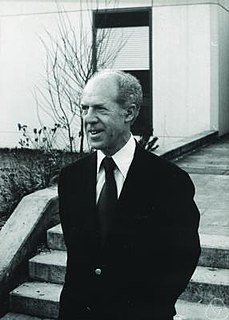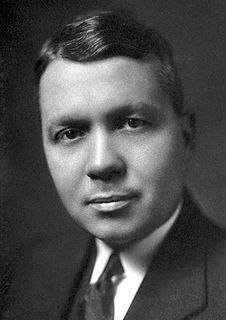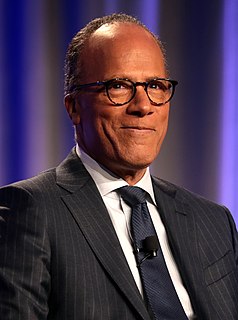A Quote by George Soros
The concept of a general equilibrium has no relevance to the real world (in other words, classical economics is an exercise in futility).
Related Quotes
Modern economics is sick. Economics has increasingly become an intellectual game played for its own sake and not for its practical consequences for understanding the economic world. Economists have converted the subject into a sort of social mathematics in which analytical rigour is everything and practical relevance is nothing.
Classical economics values things by seeing how much someone will pay for them. But this is where classical economics is wrong. What it fails to account for are all the 'externalities' - the services people regard as free goods: pollination services, flood protection, climate regulation, soil stabilization, carbon sequestration.
All the children in the world, when they go to school, have the right to study in their mother tongue. But we go to school and run into literary Arabic as children. It sounds like a foreign language. The words for "house" or "table" or "lamp" are not the same as the words we use at home, and most of the other words are alien to children at school. Classical Arabic is one of the prisons of the Arab world.
For 30 years I've been schooled in everything from government, and economics, to medicine and international relations. But don't be impressed. Someone once said being a general assignment reporter simply means you are equally ignorant about most everything. In other words, I know a little about a lot.
One of the major symptoms of the general crisis existent in our world today is our lack of sensitivity to words. We use words as tools. We forget that words are a repository of the spirit. The tragedy of our times is that the vessels of the spirit are broken. We cannot approach the spirit unless we repair the vessels. Reverence for words - an awareness of the wonder of words, of the mystery of words - is an essential prerequisite for prayer. By the word of God the world was created.
PLEASURE and pain are undoubtedly the ultimate objects of the calculus of economics. To satisfy our wants to the utmost with the least effort - to procure the greatest amount of what is desirable at the expense of the least that is undesirable - in other words, to maximize pleasure, is the problem of economics.



































